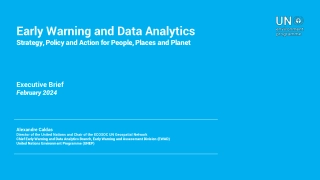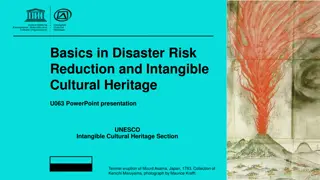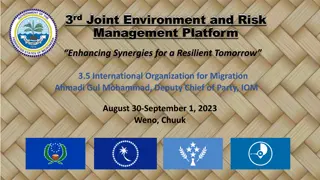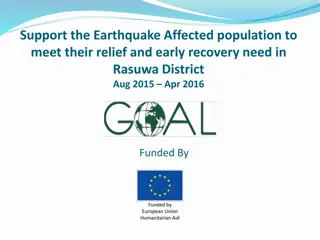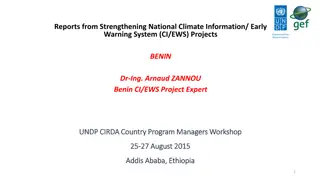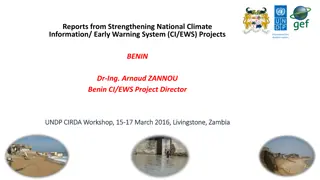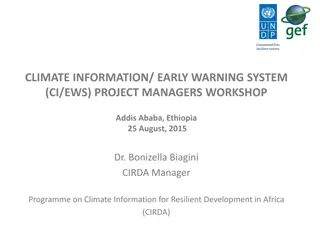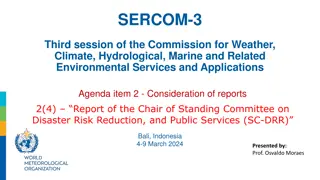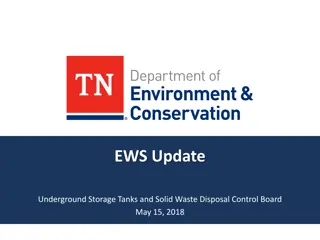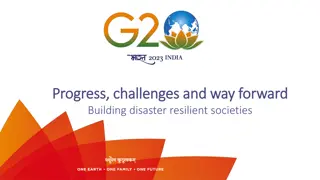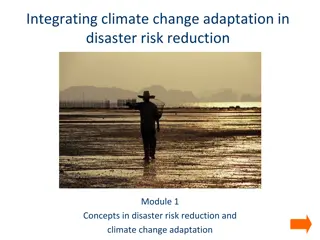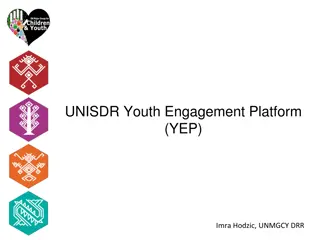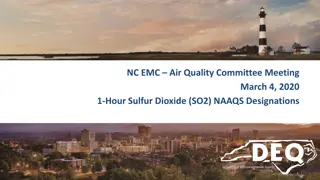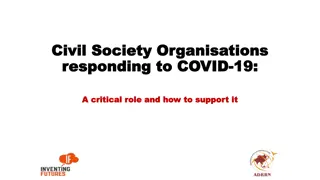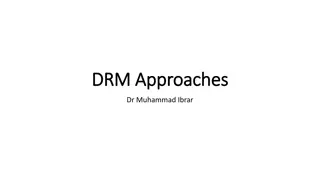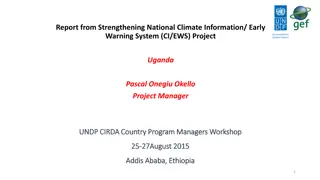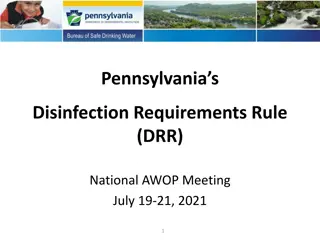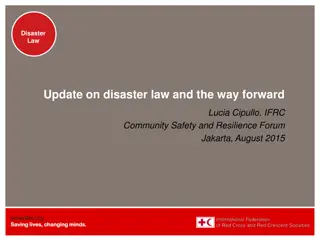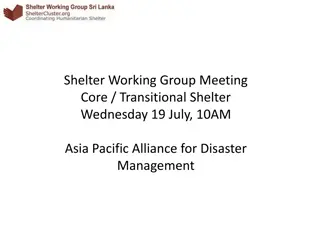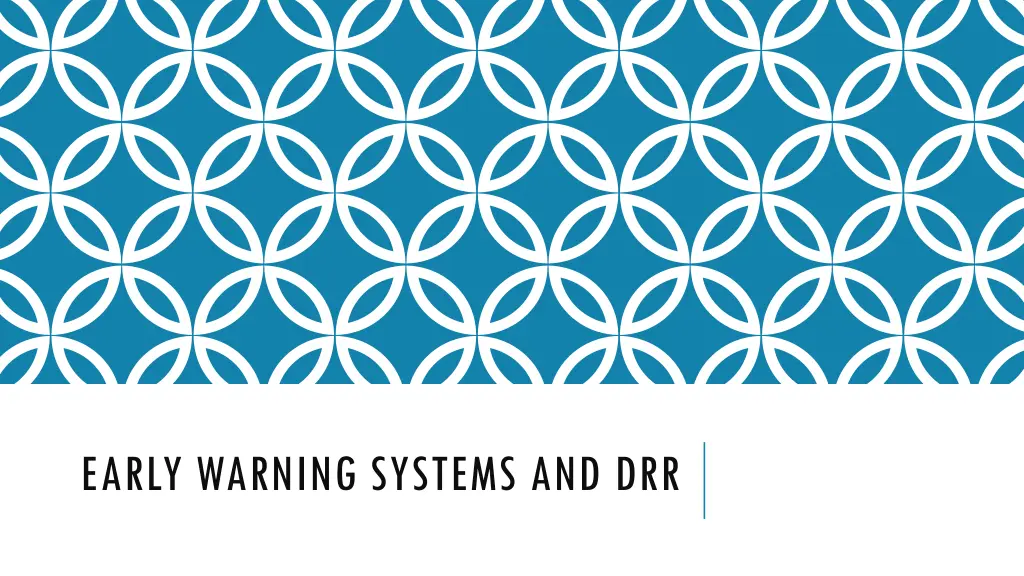
Enhancing Regional Cooperation for Transboundary Water Data Exchange
Addressing the insufficient regional cooperation between Turkmenistan, Uzbekistan, and potentially Tajikistan in transboundary water data exchange to mitigate risks associated with water resource disasters and non-stationarity.
Download Presentation

Please find below an Image/Link to download the presentation.
The content on the website is provided AS IS for your information and personal use only. It may not be sold, licensed, or shared on other websites without obtaining consent from the author. If you encounter any issues during the download, it is possible that the publisher has removed the file from their server.
You are allowed to download the files provided on this website for personal or commercial use, subject to the condition that they are used lawfully. All files are the property of their respective owners.
The content on the website is provided AS IS for your information and personal use only. It may not be sold, licensed, or shared on other websites without obtaining consent from the author.
E N D
Presentation Transcript
PROBLEM STATEMENT Regional cooperation between TM and UZ (potentially + TJ) in the areas of transboundary data exchange in water resources is insufficient with upcoming risks associated with non-stationarity and increased seasonal disasters related to water resources.
CONTEXT AND BASELINE Water scarcity is a global problem that is particularly acute in Central Asia in light with ongoing climate change and drought intensification. Present information exchange between the countries is limited both at regional and national levels especially in terms of DR. Level of hydrological development (observation practices) vary between the countries so that we need to harmonize the practices. Management quality is different. Agricultural practices are experiencing troubles with receiving acute data on DRR. External data exchange is limited among the stakeholders at all levels.
National Entities AGENCIES Ministry of Foreign Affairs Ministry/Committee of Environment/ Agriculture resources Ministry/ Committee for Water Resources Ministry of defense (Min of Emergency Situations) + borderline dep. Meteorological Services (UzGidromet and TurkmenGidromet) Hyakimliks/Hakimats (local municipalities) Scientific-Research Institute of Hydrometeorology of UZ + Giprovodkhoz of TM University of Agriculture (TM) + Tashkent Institute of Irrigation and Agricultural Mechanization Engineers (TIIAME) National Red Crescent Societies (TM + UZ) Local communities, community leaders Local Water Associations (if any) International entities o UNESCO, UNDP, WMO, GIZ, WB o Universities/Research Institutes: Potsdam University (GIZ) and IHE-Delft, SDC (Blue Peace), IWMI, Zoi Environment Regional Entities Amu Darya BWO ( ) (ICWC IFAS) Interstate Sustainable Development Commission (ICSD of IFAS) Regional Center of Hydrology (KZ)
ASSUMPTIONS AND RISKS - Both climate systems and EWS are in charge of key Ministries and departments (Min of Defense, Min of Environment and Agriculture, Min of Water, etc.) - Technical equipment that will be supplied to both UZ and TM need to derive from similar resources, however there might be some complications receiving confirmation from both countries on certain equipment. - Receiving permission to do an assessment of the borderline hydroposts might take more time than envisioned - NAPs will come late affecting general coordination of actions - Qosh-Tapa canal will call for an immediate action (a parallel mechanism might be established by states)
KEY NEXT STEPS 0. Concept Note to be prepared and submitted to the fund to recieve the PPG grant 1. we discuss with UNDP whether they will be interested to be a lead agency in charge of PPG 2. parallel to that ICSD applies to NDC Partnership and could be lead/partner organization to the project 3. On the basis of Amu Darya BWO + Joint Agreement of UZ+TM Technical Group we create a Joint Technical Working Group
FINANCIAL INVESTMENT Adaptation Fund providing with 14 mln USD + 100,000 PFG GCF - supporting Climate Information and EWS NDC Partnership for pooled funding on conducting high-level events in DRR preparedness, etc.
POTENTIAL PROJECT STRUCTURE

